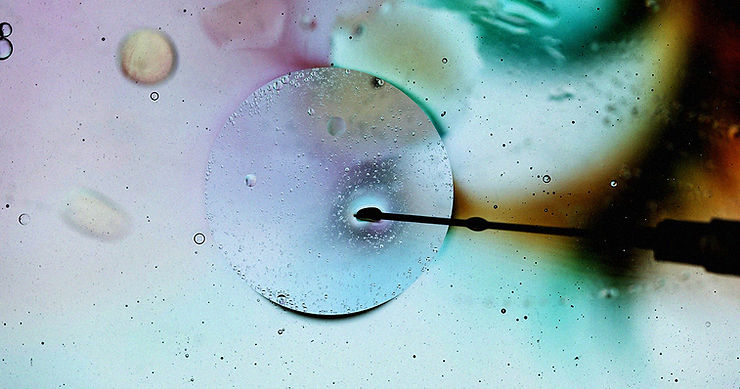By: Bella Lee
Recently, scientists have created synthetic mouse embryos that have great potential in supporting humans. These mouse embryos are made without sperm or an egg, and they stay in artificial embryos for at least eight days.
These mouse embryos are made to understand how organs grow in the embryos and to gain knowledge on different ways to heal people. Because of this new type of embryo, scientists at the Weizmann Institute of Science made synthetic embryos that looked a lot like mouse embryos.
Alfonso Martinez Arias, a developmental biologist at Pompeu Fabra University in Barcelona, was not involved in the research of synthetic embryos, but she said, “This is an important landmark in our understanding of how embryos build themselves.”
According to the journal Cell, “cultured stem cells can independently give rise to entire gastrulating embryo-like structures with embryonic and extra-embryonic compartments, remains unknown.”
Scientists are inventing synthetic mouse embryos to help heal people, and the possibilities of these discoveries could be endless.











